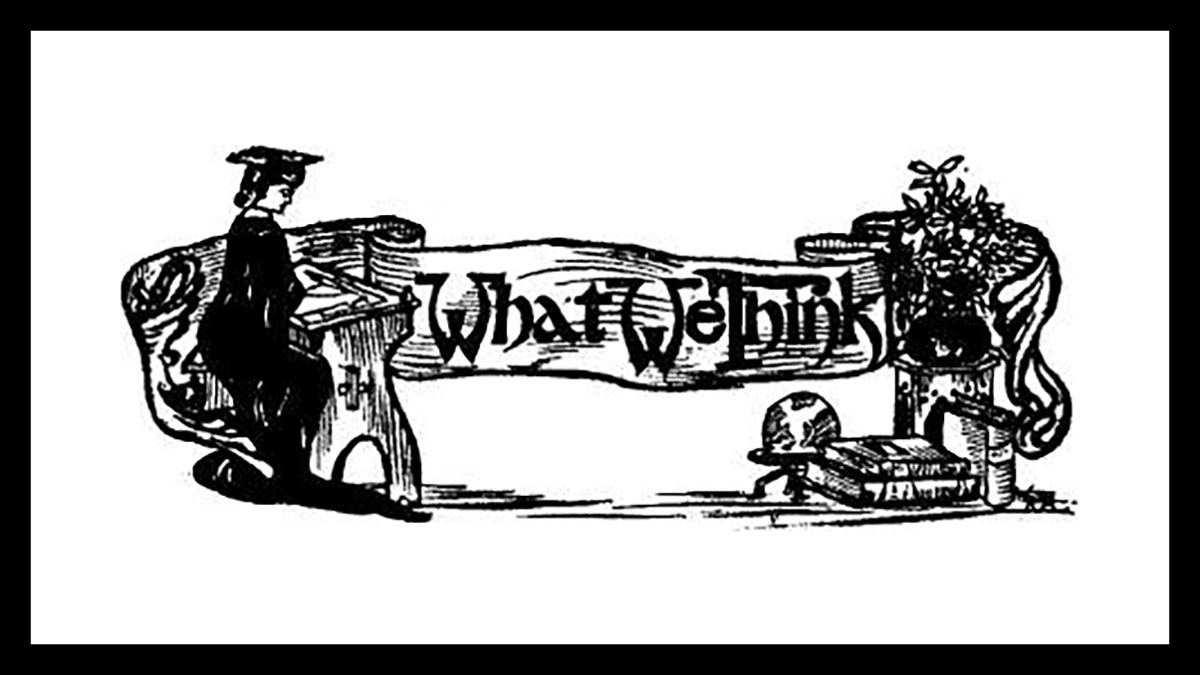The Life and Times of A. E. Ottewell
 The Gateway
The GatewayDropping out of school in eighth grade to work in a coal mine isn’t the typical route to university leadership, but it was the path Albert Edward Ottewell took.
This was the situation facing young A.E. Ottewell as he moved from Wiarton, ON to what is now the Clover Bar region of Edmonton. With only an eighth-grade education, Ottewell worked as a labourer on the sod farm and a nearby coal mine until he entered the world of academia. At the University of Alberta, Ottewell excelled as a student, served as The Gateway’s first editor-in-chief and worked as the second president of the Students’ Union.
Though Ottewell would later write that educational opportunity had been long denied to the people of Western Canada, he jumped at the announcement of a university opening in only two years’ time. After spending two years at the McGill-subsidiary Alberta College, Ottewell had completed his high school diploma and was preparing to join the ministry.
At the same time, Henry Marshall Tory was looking for students for his new university .Tory transferred all of the College’s ministerial students, including 26-year-old Ottewell, to the U of A in 1908. The first class’ 45 students attended lectures in what is now Queen Alexandra School, as no buildings were constructed yet on campus.
In the four years of his undergraduate degree in Classics, Ottewell helped establish the Students’ Union and was elected its second president. Standing 6’2” and tipping the scales at over 270lbs, Ottewell also played on the university rugby team.
In early 1910, at the home of classmate Liddy Lloyd, Ottewell and a few others founded The Gateway. First published in November, 1910, Ottewell saw The Gateway through its first publishing year as Editor-in-Chief.
Though Ottewell was a man of many firsts (and seconds), no one can be sure of how he would react if he saw the U of A in 2016. Cam Lewis, current Editor-in-Chief of The Gateway, said he thought Ottewell would be glad to see so many of his projects still thriving.
“Anyone who is that much of a creator and a builder would be happy to see that there’s still a group of people that are passionate about and committed to a project started over a century ago,” Lewis said.
Ottewell graduated summa cum laude in 1912 with a B.A. He then established and presided over the U of A Alumni Association, which organized social events, fundraisers, and handled alumni affairs. For current President Mary Pat Barry, the role that Ottewell played in the formative years of the university was key.
“He was such an ambassador, and carried that role of advocacy,” Barry said. “Supporting the University of Alberta, extending its reach and carrying it throughout Alberta.”
After his Bachelor’s degree, Ottewell immediately enrolled in a Master’s program in Classics at the U of A, was the completed in 1915. Following this, he was hired by Tory to head the newly-formed Extension Program.
Working in the Faculty of Extension was different in 1908, current Dean of the Faculty of Extension Katy Campbell said. At the time, Alberta was far more rural than it is today and the U of A was also the only university in the province. This made the scope of Ottewell’s outreach even greater, since the area he had to cover was so large.
Ottewell wore through seven Ford Model Ts to take the university to the people. Ottewell’s outreach involved packing his car with books and a movie projector and driving to small towns throughout the province. When he reached a town, Ottewell screened informational films in town halls and gave informal lectures.
“He would be in his three-piece suit and get stuck in the mud six times getting there,” Campbell said. “A one-day trip turned into a four-day trip, and he would have to board in a house along the way.”
Ottewell also helped establish the Extension library, where Albertans could request books from Edmonton, which would arrive on monthly buses in small towns.
In this position, Ottewell also assisted in founding the CKUA radio network, which broadcast from the university all over the province. After working in extension, Ottewell was hired on as university registrar in 1928 and held the position until he died in 1946 at age 64 after complications resulting from emergency surgery.
After his death, Ottewell’s 2,300-word obituary ran in The Edmonton Journal. The piece, written by professor John M. MacEachran, praised Ottewell’s commitment to education throughout the province.
“(Ottewell) made no sharp distinction between so-called practical knowledge and other forms of knowledge, sometimes regarded as extraneous or even useless,” MacEachran wrote. “The object of education, he believed, was not merely to enable one better to earn a living but to enable one better to earn a life worth living, and that means that no human potentialities must be neglected or depreciated.”




